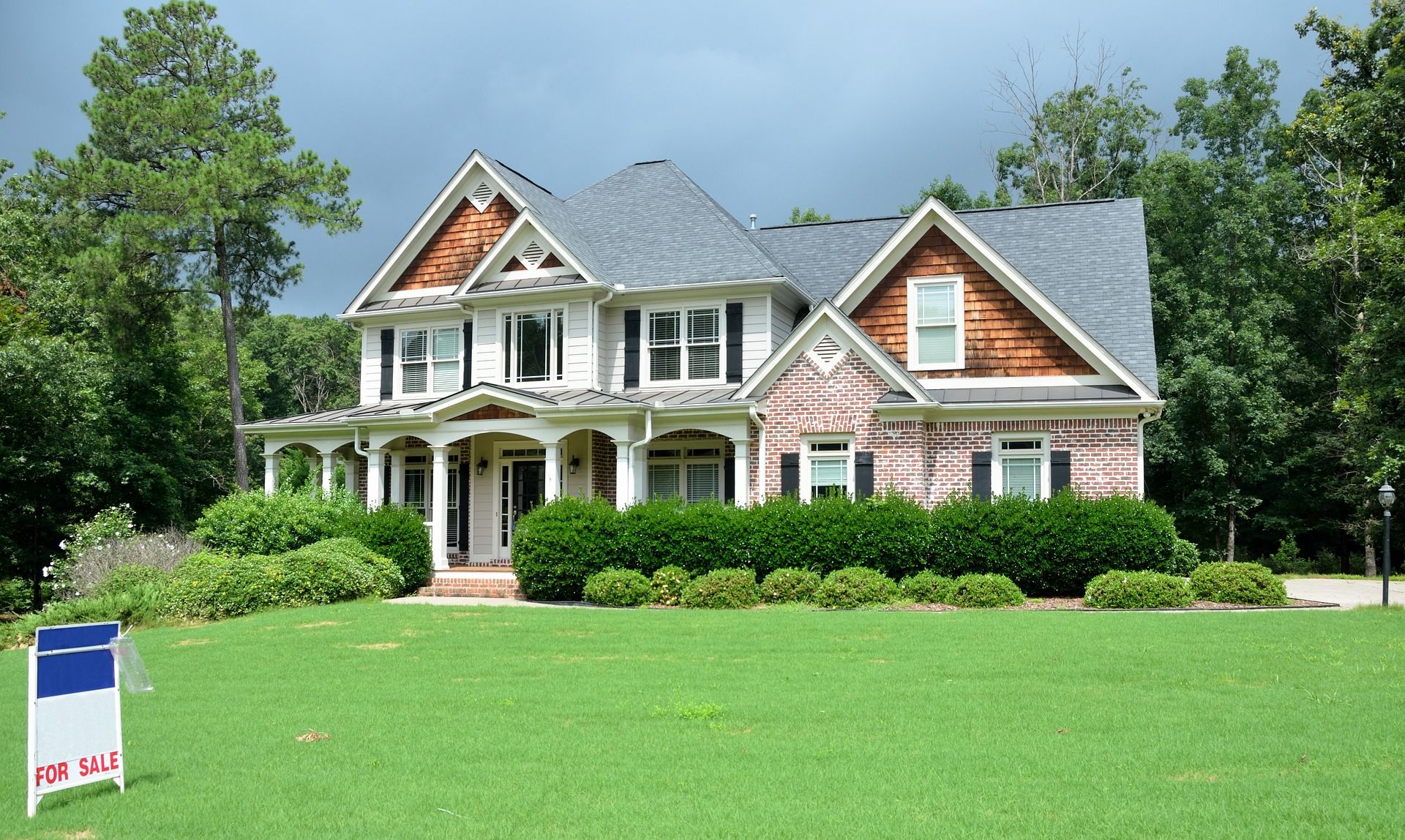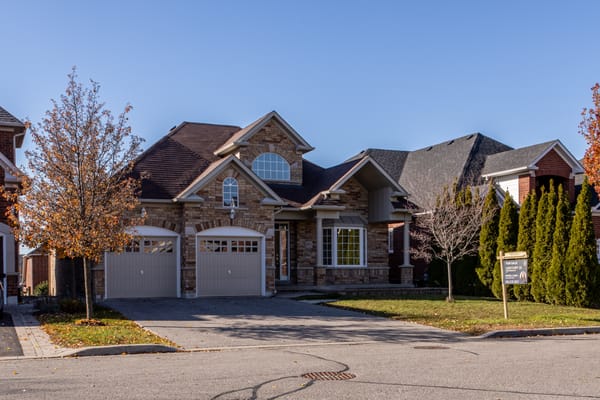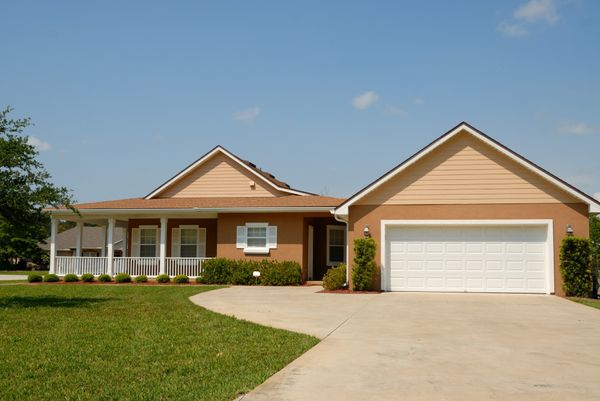Did you know that pricing your home accurately is critical for a successful sale? It's true! Yet, it's not just about attaching a number; it's about understanding the market and attracting serious buyers. The fact is that an optimally priced home can generate substantial interest, potentially leading to a quicker sale. In this guide, we'll explain how to set a competitive price for your home, giving you the insights needed to enter today's real estate market with confidence. Let's get started.
#1. Research Comparable Properties
When pricing your home, start by looking at similar houses in your area. Focus on homes that have recently sold and are similar in size, features, and location to yours. Checking these sale prices gives you a clear idea of what buyers are paying right now. But don't just stop there; see how long these homes were on the market before selling. Understanding this will help you set a realistic and competitive price for your own property.
#2. Consider Market Conditions
Knowing the market is vital. If it's a seller's market, where there are more buyers than homes, you might get away with a higher price. But in a buyer's market, with lots of homes for sale, you need to price your home to stand out. With this, don't rely on a guess. Instead, look at the current trends. Are houses in the area selling fast, or are they sitting on the market? This information will guide you to set a price that attracts buyers no matter the market situation.
#3. Consult with Real Estate Professionals
Don't overlook the expertise of real estate pros. A good agent knows your local market inside out. They can provide valuable insights that go beyond what you can find online. Moreover, they'll help you understand how your home compares to others and suggest a price that's just right. Plus, they can spot trends you might miss and advise on whether your price needs adjusting. Remember, they do this every day, so their advice is gold when it comes to pricing your home right.
#4. Price According to Perceived Value
Pricing your home isn't just a matter of numbers; it's also about perception. What makes your home unique? Maybe it's a recently renovated kitchen, a spacious backyard, or a new pool. These features can significantly increase your home's perceived value. So, highlight them in your listing. But, at the same time, remember to stay grounded in reality. Overvaluing your home based on emotional attachment or unreal expectations can lead to stagnation in the market. Strike a balance between what makes your home unique and what the market dictates to find that sweet spot in pricing.
#5. Avoid Overpricing
One of the most common mistakes in home selling is setting the price too high. It's a strategy that can backfire, leaving your home sitting on the market. Remember, buyers are savvy; they compare prices and know when a home is overpriced. This often leads to price reductions, which can create a stigma around your property. In this, buyers may wonder if there's something wrong with the house. To avoid this, set a realistic price from the start. It's better to attract multiple interested buyers early on than to have to reduce the price later.
Pavel Khaykin, CEO of Tampa Florida’s We Buy Houses Company – Pavel Buys Houses says: "Overpricing your home is one of the biggest mistakes you can make when selling. When you overprice your home, you deter potential buyers and make it more difficult to sell. In fact, studies have shown that overpriced homes sell for less than their market value, on average.”
#6. Use Rounded Numbers
When setting your home's price, consider using rounded numbers. It's not just a psychological tactic; it makes your listing more search-friendly. Why? Because most buyers set price filters in round numbers when searching online. For example, pricing your home at, say, $300,000 rather than $299,999 ensures it appears in more searches. This increases the visibility of your property and widens your pool of potential buyers. Thus, simple tweaks in pricing can have a significant impact on how many people see and consider your home.
#7. Price Strategically for Online Searches
As we mentioned, in today's digital real estate market, how you price your home can significantly influence its online visibility. Most buyers use price filters, often in rounded numbers, when they search for properties. What this means is if your price aligns with common search ranges, your home is more likely to appear in potential buyers' search results. Be mindful of these search patterns and price your home in a way that maximizes its online exposure.
#8. Be Open to Adjustments
Flexibility is key when it comes to pricing your home. The real estate market can be unpredictable, and the initial price might not always hit the mark. If you notice limited interest or feedback suggests the price is too high, be open to making adjustments. This doesn't mean you have to drastically slash your price, but small, strategic changes can make a big difference. Staying adaptable and responsive to market feedback increases your chances of attracting the right buyers and securing a sale.
#9. Factor in Closing Costs and Negotiation Room
In setting your home's price, don't forget to account for closing costs and negotiation room. Typically, buyers expect some wiggle room for negotiation, so pricing your home with this in mind can lead to a more successful transaction. Additionally, factor in closing costs, such as agent commissions, taxes, and other fees. By considering these expenses upfront, you can set a competitive price that leaves room for negotiation while still meeting your financial needs. Remember, the goal is to strike a balance that appeals to buyers and satisfies your bottom line.
#10. Review and Reassess Regularly
Finally, conducting consistent reviews and reassessments of your home's price is crucial in a dynamic market. Don't hesitate to revisit your pricing strategy periodically, especially if you notice shifts in market trends or if your home has been on the market longer than expected. A regular review allows you to stay competitive and responsive to market changes. This practice ensures your pricing strategy remains aligned with current market conditions, enhancing your chances of a successful sale.
Mastering Home Pricing for a Successful Sale
At the end of the day, setting a competitive price for your home requires careful consideration, research, and ongoing reassessment. By understanding market dynamics, consulting professionals, and being adaptable, you position your home favorably in the market. Remember, the right price can make all the difference between a home that languishes on the market and one that sparks a bidding war. Stay informed, be strategic, and watch as your well-priced home captures the attention of eager buyers, setting the stage for a successful sale in today's competitive real estate landscape.






